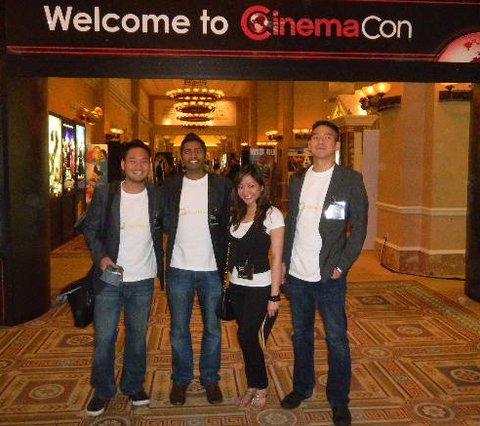HONG KONG — Hong Kong is one of the busiest and most crowded shopping meccas in the world — with sky-high retail rents to match — but that has not stopped retailers from opening yet more stores in the city of seven million, attracted by hordes of visiting consumers.
The latest arrival is Tommy Bahama, a U.S. clothing and lifestyle brand, which joined the fray Wednesday with the opening of a 370-square-meter, or 4,000-square-foot, store in the Wan Chai district, its first outlet in the city.
Amid models and canapés, Tommy Bahama executives were coy about just how much they had to fork over in rent.
But the store, said Terry Pillow, the chief executive officer, is “one of the most expensive locations” the company operates — “in a similar range” as a recently opened, significantly larger, flagship store on Fifth Avenue in New York.
That comes as little surprise.
Reports from the real estate services company CBRE last year ranked Hong Kong as the world’s most expensive location for prime real estate and office rents, and ECA International, which advises companies posting employees abroad, published a poll this week showing that Hong Kong was the most expensive place to rent high-end apartments. The cost of buying a home, likewise, has soared, despite repeated efforts by the government to cool the market.
Moreover, even those companies that are prepared to bite the bullet on rent might struggle to find what they need.
It took Mr. Pillow and his colleagues at Tommy Bahama, whose casual wear is in the “affordable luxury” range of the market, four years to find a site they liked, in terms of store size and location.
They considered many of the high-end shopping malls, which are inhabited by all the usual suspects of the fashion world, but in the end, they settled on Wan Chai, a neighborhood that is better known for its bars and nightlife than for high-end shopping. But that fits with Tommy Bahama’s neighborhood-bar-type image, the company’s executives said.
“We were in a hurry to come to Hong Kong, but it was important for us to come to Hong Kong in the right way,” Mr. Pillow said.
So acute is the space-cost situation that analysts have begun to warn that Hong Kong has become too expensive for its own good.
Executives at CBRE in Hong Kong warned last October that the space constraints meant the city’s standing as a key location in Asia was “under threat.” Long waiting lists for spots in schools and high housing costs add to the financial pain and are increasingly causing companies to think twice about deploying expatriate employees or expanding teams in the city.
“Hong Kong has been losing out to Singapore in the past few years because of that,” Lee Quane, regional director for ECA International, said by telephone.
Similarly, in the retail sector, the lack and cost of suitable space has meant that some companies have taken relatively long to come to Hong Kong, industry analysts and real estate experts say.
Gap and American Eagle Outfitters, for example, opened shops in Hong Kong only in 2011. Forever 21, another popular U.S. brand, opened a large store in the bustling shopping district of Causeway Bay early last year, and Abercrombie Fitch’s flagship store, in the heart of Central, the financial district, opened last August.
The British brand Topshop, which is well established in other parts of Asia — it has eight shops each in Indonesia and Malaysia, six in Singapore and four in Japan — is opening its first store in Hong Kong this year, in May.
However, retail executives clearly believe that the expense of having a presence in Hong Kong is worth it.
After all, Hong Kong’s shopping population is vastly increased by the millions of tourists who flock to the city every month.
Last year, 48.6 million visitors came to Hong Kong, nearly three-quarters of them from mainland China, whose increasingly affluent consumers are eager to capitalize on the lower taxes in Hong Kong and greater certainty that what they are buying is the genuine article.
For retailers like Tommy Bahama, Louis Vuitton and Prada, Hong Kong is a necessary location, and a store in the city means visibility that extends well beyond the city, which is a special administrative region of China, into the vast mainland Chinese market.
“It’s a dog-eat-dog world out there,” said Rob Goldberg, senior vice-president for marketing at Tommy Bahama, referring to Hong Kong’s property and rental costs. “But if you can make it here, you’ll make it anywhere.”
Tommy Bahama executives said they were “very happy” with the performance of the Hong Kong store so far (The shop opened quietly two weeks ago but had its official ribbon-cutting event Wednesday.)
The company is looking for more locations in the city, as well as in mainland China.
Riva Hiranand contributed reporting.
Article source: http://www.nytimes.com/2013/02/01/business/global/01iht-retail01.html?partner=rss&emc=rss

